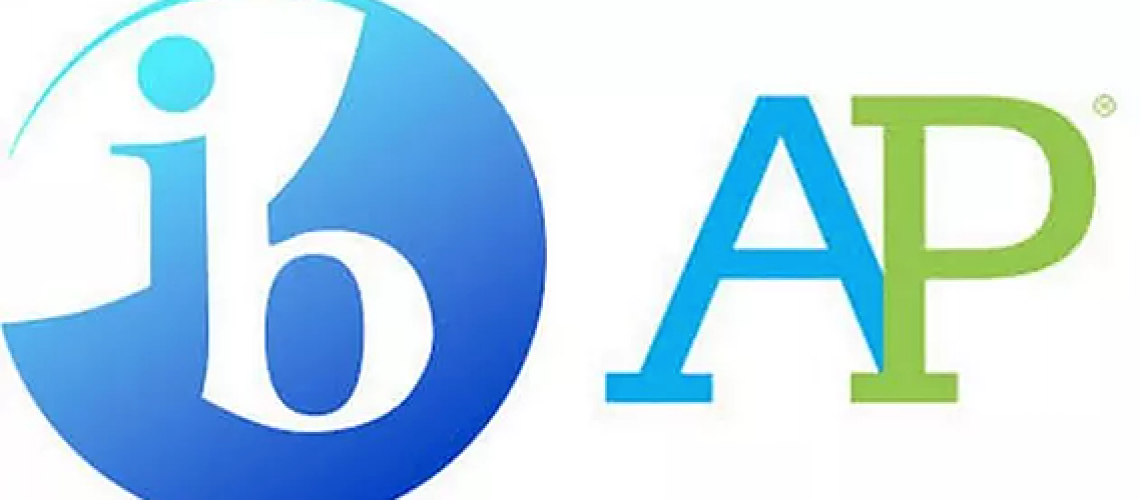Also in:
For those applying to college, taking AP/IB courses can significantly boost your chance because it shows that you are willing to enroll in challenging, college-level courses in high school. However, there are just way too many courses to choose from, and your high school certainly doesn’t offer all AP/IB subjects or doesn’t have enough spots for every student. We’ve compiled a list of ALL AP and IB courses, and hope this serves as a general guide for you!
AP Subjects
- AP Art History
- AP Biology
- AP Calculus AB
- AP Calculus BC
- AP Chemistry
- AP Chinese Language and Culture
- AP Computer Science A
- AP Computer Science Principles
- AP English Language and Composition
- AP English Literature and Composition
- AP Environmental Science
- AP European History
- AP French Language and Culture
- AP German Language and Culture
- AP Government and Politics: Comparative
- AP Government and Politics: United States
- AP Human Geography
- AP Italian Language and Culture
- AP Japanese Language and Culture
- AP Latin
- AP Macroeconomics
- AP Microeconomics
- AP Music Theory
- AP Physics 1
- AP Physics 2
- AP Physics C: Electricity and Magnetism
- AP Physics C: Mechanics
- AP Psychology
- AP Research (Second part of the AP Capstone program)
- AP Seminar (First part of the AP Capstone program)
- AP Statistics
- AP Spanish Language and Culture
- AP Spanish Literature and Culture
- AP Studio Art: 2-D Design
- AP Studio Art: 3-D Design
- AP Studio Art: Drawing
- AP United States History
- AP World History
IB Subjects
To obtain the IB Diploma, students must enroll in the Diploma Programme (DP) and complete the core class named Theory of Knowledge (TOK). They must also choose a class from all 6 groups, unless they want to replace Group 6 (Arts) with an additional class from Group 1-4.
Group 1: Language & Literature
Language A: literature
Language A: language and literature
Literature and performance (SL only)
Group 2: Language Acquisition
Classical languages
Language B
Language ab initio (SL only)
Group 3: Individuals and Societies
Business management
Economics
Geography
Global Politics
History
Information technology in a global society
Philosophy
Psychology
Social and cultural anthropology
World Religion (SL only)
Group 4: Science
Biology
Chemistry
Computer Science
Design Technology
Environmental systems and societies (SL only)
Physics
Sports, exercise and health science (SL only)
Group 5: Mathematics
Mathematical Studies SL (Math Studies)
Mathematics SL
Mathematics HL
Further Mathematics HL
Group 6: Arts
Dance
Film
Music
Theatre
Visual Arts
In general, if you are interested in one particular subject and wish to learn more in-depth throughout the school year, you should be taking the AP course/studying independently and take the AP exam of that subject in May. If your school offers the 2-year IB Diploma Programme, be sure to take advantage of it and explore these subjects by doing research and ask former students and teachers for guidance. After all, you want to do well no matter you take AP or IB because nothing convinces admissions officers more than a stellar college-level exam score.
